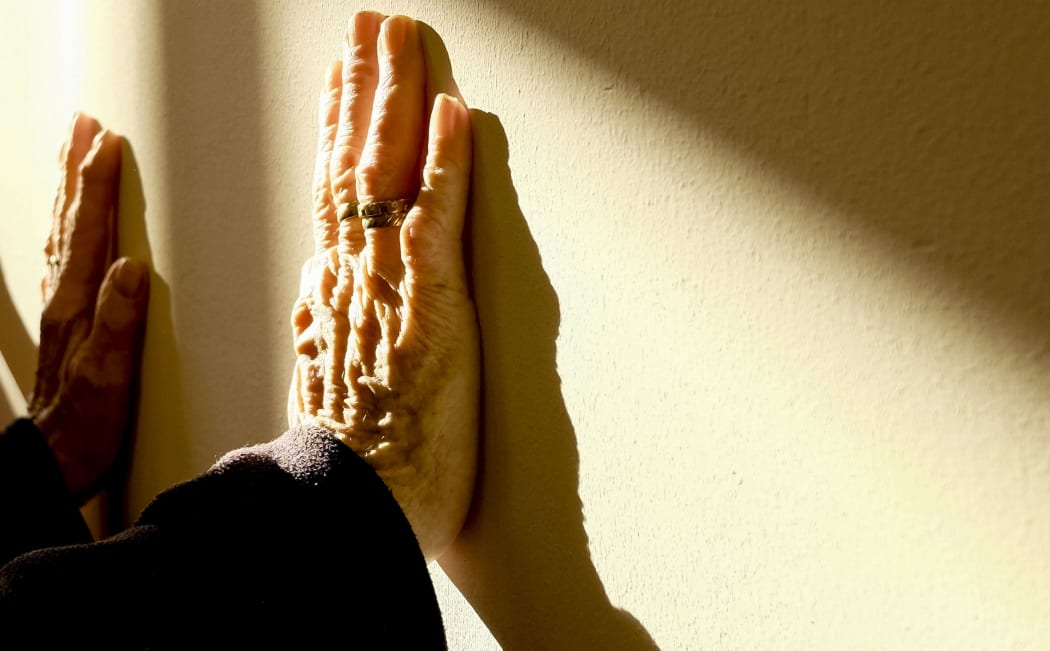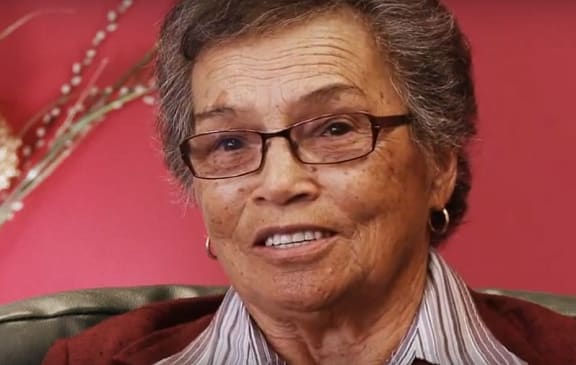Today there are 83,000 people over 85 living in New Zealand. In 2050, there will be 383,000. How do we prepare to support this incoming army of elders?
In 2006, the government funded a study of older New Zealanders to help figure out just that.
Professor Ngaire Kerse talks to Jesse Mulligan about what we've learnt from the LiLACS NZ longitudinal study.
For the study, Professor Kerse's team recruited 400 Māori aged 80-90 and 500-plus non-Māori who were born in 1925 – and interviewed them every year for five years.
The researchers had a 55 - 60 percent response rate to their invitation, she says, with some people declining because they were too unwell but others simply too busy.
Some people in that age range still have full lives contributing to their family and society, and 20 percent of the older Māori were raising grandkids, she says.
"The 85-year-olds of today are probably the 60-year-olds of 50 years ago."
So what does 'success' look like when you're elderly?
A "successful" person in their 80s could be viewed as someone in reasonable health, with reasonable control of their own lives, still largely making their own choices, Professor Kerse says.
Her research team was particularly interested in how and why people living 'successfully' were faring better than others.
Those more active – physically and socially – tended to do better, she says.
Those who were underweight struggled: "People are really, really skinny do badly, whatever group they are."
LiLACS NZ is the world's first longitudinal study of an indigenous population aged 80 and over, and the researchers chose to study residents of the Bay of Plenty because of the region's strong, tightknit Māori community and reasonably stable population, Professor Kerse says.
The study revealed that Māori and non-Māori people are affected differently by some of the same things, and as a result, cultural groups need to be considered distinctly in terms of recommendations for wellbeing, she says.
For example, the amount of money Māori elders had made no difference to their wellbeing, while for non-Māori elders this did make a difference.
Amongst non-Māori, known risk factors leading to dementia were present, as the researchers anticipated, but for Māori, the predictors of dementia were different, Professor Kerse says.
"Actually being a little bit heavier was protective against dementia for Māori, whereas obesity predicted a decline in cognition for non-Māori."
Even though it seems dementia is increasingly common, its prevalence in people aged over 85 is actually going down, she says.
The reason there are more dementia sufferers now than ever before is that many more people live into their 80s now than ever before.
Many people in the study reported that they found the New Zealand health system complex and confusing, Professor Kerse says.
"They said no-one tells them anything [when they're in hospital]. No-one tells them when they're going to to go home or what's going to happen next. [the hospital] tends to be a very confusing place. Lots more talking is needed … but then of course who has time for that? I think we need to take a step back and look at how we use the time within the health system."
Loneliness is related to the amount of time a person spends alone and more related to the quality of a person's social contact and whether they want more than they get, Professor Kerse says.
"Some people have always been lonely. Others develop it as they age and potentially their family and friends die."
She is hopeful that community action to combat isolation amongst elders, such as the home visiting service run by Age Concern, is on the rise.
"I'm all for having more freely available transport so that people can get to things."
The primary concern of people interviewed in the study was usually not their own personal health, Professor Kerse says.
"When you ask older people what they're worried about they're worried about wellness in their friends and family and their ability to have interactions and be socially active. So social things are more important than health, then comes the health of the family, then comes their own health … then comes financial issues."
There is still a lot of infrastructure work to be done for the older New Zealanders of the future who will need suitable housing, accommodating footpaths, easily accessible public transport and traffic lights that stay green long enough for someone who doesn't have full mobility to cross the road, she says.
Professor Kerse is hopeful that a greater number of new houses will be built using the principles of universal (or lifetime) design, which focuses on living spaces that are suitable for both older people and young families.
Professor Ngaire Kerse is a GP and the Head of the School of Population Health at the University of Auckland.










